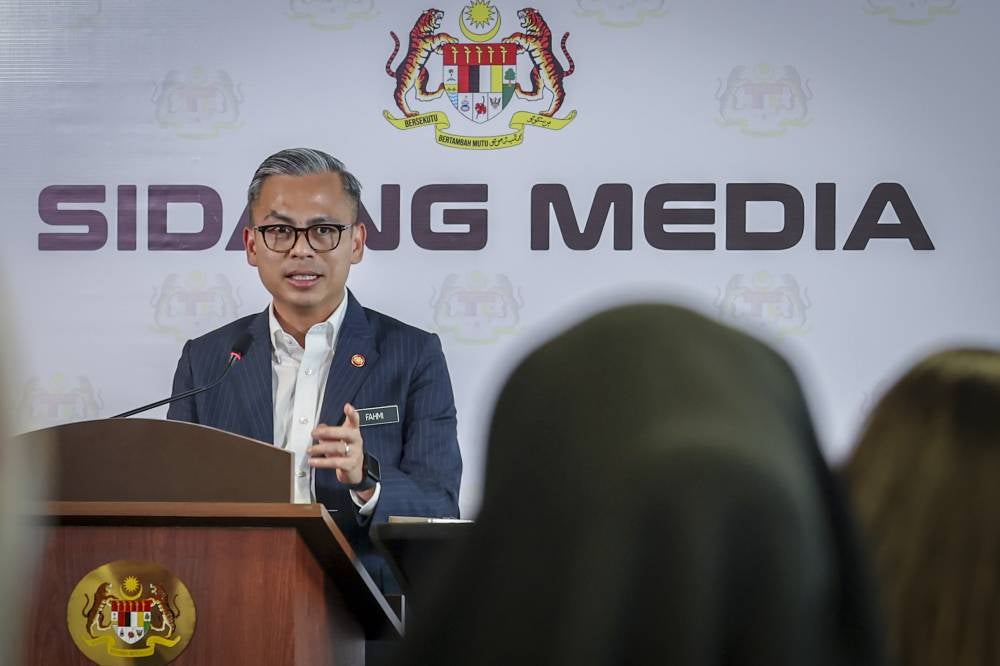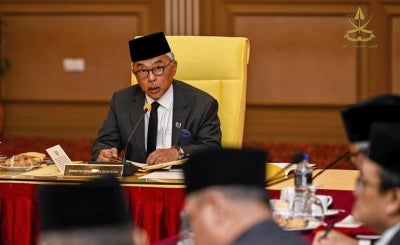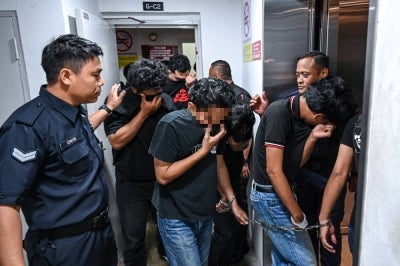Media tag validity not the issue, NUJM seeks fair access for all journalists
Journalists' union fights for two-year media tags, media council key

SHAH ALAM - The National Union of Journalists Malaysia (NUJM) is calling for the government to expedite the formation of a media council following the Communications Minister Fahmi Fadzil's clarification on media tag validity periods.
NUJM backed retaining the two-year validity period for all media tags, arguing it benefits "both sides" for ease and sustainability.
They believe media agencies with government-issued tags have already undergone verification.
"NUJM acknowledges the Communications Minister's clarification on media tag validity.
"We reiterate our call to maintain the two-year validity period for all media practitioners," NUJM said in a statement today.
Despite government-issued tags, the union remained concerned about the discrepancy in access for different media outlets.
"NUJM members generally receive access to official events, but this isn't guaranteed for others with the same tags.
"We hope the review ensures better access for all media, traditional and new, to fulfill their role as the fourth estate," they said.
NUJM stressed its commitment to journalistic ethics, citing their code established in 1962 based on international principles.
They also highlighted their participation in discussions for a national media council.
"A media council is crucial for upholding ethical standards and journalist integrity," NUJM stated, urging the government to adopt the pro-tem committee's recommendations for media council formation to reduce the government's burden in media accreditation.
The union was responding to Fahmi's remark that a press accreditation card is not a licence to practise journalism, and should not be treated or compared to those who are in the medical or legal field.
The minister said that media cards are merely a means to facilitate media access to official events.
Fahmi also cited instances where access granted via the cards had been abused by certain practitioners, to further justify the decision to restructure the media accreditation system.
Meanwhile, Gerakan Media Merdeka (Geramm) has thanked Fahmi for the latter's "transparency" over the press accreditation card issue.
According to the media freedom advocacy group, instances of certain practitioners "abusing" their media cards only make the case for an independent media council stronger.
"Thank you for being transparent this time. This is the exact transparency we need to reverse years of industry norm.
"We hope the government office, officers, politicians, and political parties would no longer impose the need for media accreditation to cover any of their events.
"If only we had a body to look into complaints such as certain practitioners 'abusing' media card like a Media Council that operates independently and has its Code of Ethics.
"A journalist is a journalist wherever they are. It's just that, restricting and subjecting a journalist to apply and take such “accreditation” to cover certain things and restricting certain events because they don't have the government-issued “accreditation” is, of course, impeding and restricting journalists from doing their jobs," Geramm spokesperson Radzi Razak told Sinar Daily.
Download Sinar Daily application.Click Here!















